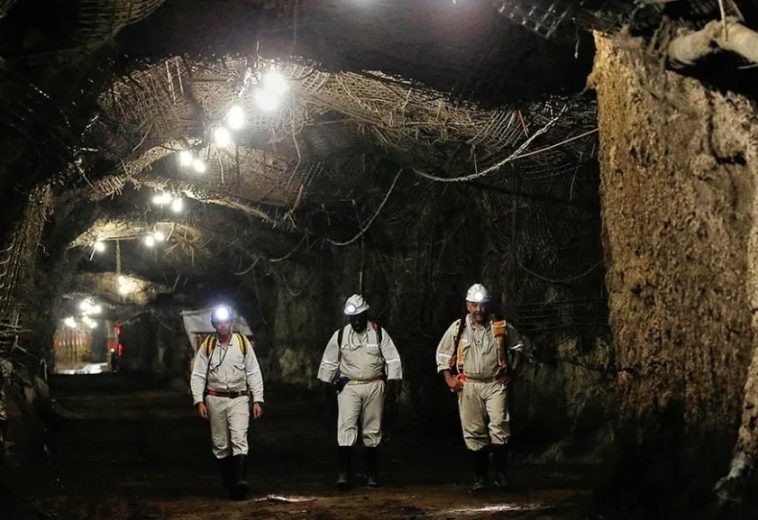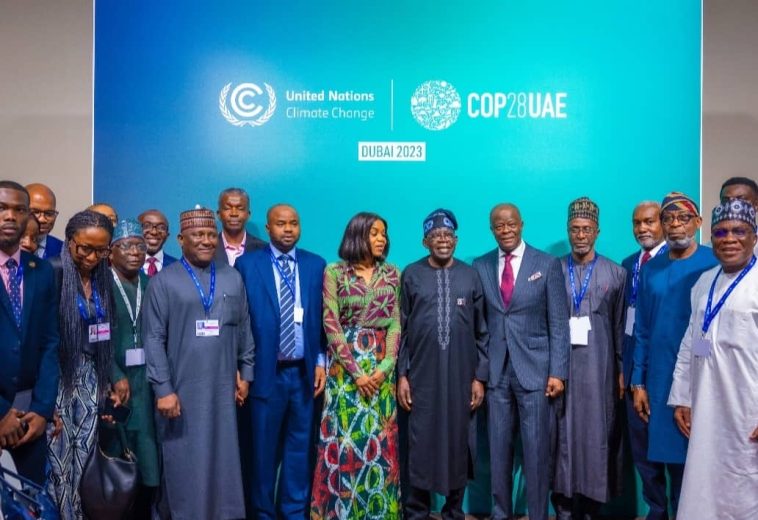While the court is an essential part of any functioning democracy, there are serious risks associated with using it to determine who rules Nigeria. Too much dependence on the judiciary poses serious dangers, even as it serves as a lighthouse of justice and a barrier against electoral fraud.
A Nigerian US-based lawyer, Mr. Chris Okobah, opined that “the judiciary has become a refuge for the political elite who manipulate the electoral system to achieve their desired outcomes. The court is becoming a guff, bleeding ground for electoral fraud, which is causing more harm than good to the country’s democracy, and as such, it is no longer the last hope of the common man.” This article explores the unusual complexities and dangers of giving Nigeria’s judiciary the power to decide political outcomes.
According to Wole Soyinka, “The judiciary is a guardian, not a governor. Relying on it too heavily to decide who governs risks turning our democracy into a courtroom drama, with the people as mere spectators in their political fate.” The public views the judiciary as being very important because it serves as (1) the distributor of justice. (2) Defender of the people’s rights. (3) The state’s constitution and the guardian protector.
In the context of the Nigerian general elections in 2023, the processes were characterised by a high volume of conflicts and legal challenges. The judiciary’s involvement in settling these conflicts emphasises how crucial a strong, independent legal system is to maintaining the integrity of the political process.
As of May 2023, the general election results in Nigeria were still being examined by the courts in response to several petitions. About 327 applications had been reportedly submitted to election tribunals nationwide following the poll, which was held in February and March. Also, BusinessDay states that since the return to democracy in 1999, all seven presidential elections have ended up in court, and one oddity, though, is that no tribunal has ever reversed a decision made at this level. Nonetheless, judicial rulings have changed the outcomes of the governorship, senate, and House of Representatives.
Despite the Independent National Electoral Commission’s (INEC) efforts to lessen the likelihood of disputes, several candidates were unhappy with the results and turned to the legal system to seek compensation. To overturn the results of the INEC-proclaimed winners, more than 430 petitions have been submitted by no less than 10 of the 18 political parties in the various election tribunals located in 27 states across the nation, and these outcomes will undoubtedly shape the political landscape of Nigeria in the years to come.
The Downsides of Depending on the Judiciary to Decide Governance in Nigerian Democracy
Political Instability and Judicial Overreach
The possibility of judicial overreach, in which the court takes on a role beyond its original adjudicative powers, is one of the main risks. Even though the court is a crucial check on the authority of the legislative and executive branches, repeated meddling in the process of choosing leaders can result in protracted political instability.
The risk is made clear by the delays brought on by drawn-out court cases. An important example is the Nigerian presidential election of 2007. Legal challenges followed claims of extensive irregularities, which resulted in a protracted period of political unrest. While the courts resolved the conflicts, the country struggled with an ineffective government, leaving a void that could be used for political benefit instead of advancing the interests of the populace.
The Erosion of Popular Sovereignty
Democracy is predicated on the idea of popular sovereignty, which emphasises that the people ultimately possess the authority to rule. Even with the best of intentions, excessive judicial action has the potential to undermine this essential democratic tenet. The regular annulment of election results by unelected judges begs the question of where political power resides.
Public mistrust in the democratic process can be exacerbated in Nigeria, where democratic institutions are still developing, by what is viewed as an unequal power dynamic. People need to be confident that their ballots count and that public leaders are chosen by popular vote rather than by judicial decree.
Legal Uncertainty and Judicial Subjectivity
An element of subjectivity is introduced into the election process by the way laws are interpreted and the standards by which the judiciary decides who should govern. The same facts and legislation may be interpreted differently by various judges, producing inconsistent results in comparable cases. Legal ambiguity may develop from this subjectivity since election outcomes may therefore depend more on the opinions of specific judges than on definite, uniform legal norms.
Legal objections to the 2019 Nigerian elections ranged widely, from allegations of electoral malfeasance to procedural errors. The different findings in these instances highlight how difficult it is to set consistent standards for overturning election results and how complicated it is to interpret the law.
Magnification in Pointless Legal Challenges
Reliance on the judiciary to decide political matters could encourage the growth of pointless lawsuits. Political players who are unhappy with the outcome of an election may use legal wrangling to gain a tactical advantage or delegitimize opponents. The result is a deluge of legal battles that, although they may not have much validity, jam the court system and further impede the establishment of a stable government.
Stress on the Court’s Resources
The judiciary is subject to limited manpower and time constraints. These resources are severely taxed when the court is used excessively to resolve political issues. Protracted legal battles make it more difficult for the judiciary to handle other important issues, which could jeopardise the legal system’s ability to effectively administer justice in a range of contexts beyond election disputes.
Striking a Delicate Balance
“In a quest for justice, we must be extremely careful not to bind our democracy exclusively on the judiciary. To keep the balance of justice from tipping into the dangerous territory of undue influence, a careful equilibrium should be maintained.” Mohammed Amina. Nigeria has to strengthen democratic institutions, improve its legal system, and create precise standards for overturning election results to lessen the threat posed by these developments. Reducing the need for post-election legal disputes will be facilitated by strengthening electoral organizations’ ability to hold free and fair elections. In the end, a strong democracy necessitates a cordial relationship between the court and other democratic institutions, creating a political environment where justice is upheld without sacrificing the core values that support Nigerian democracy.


